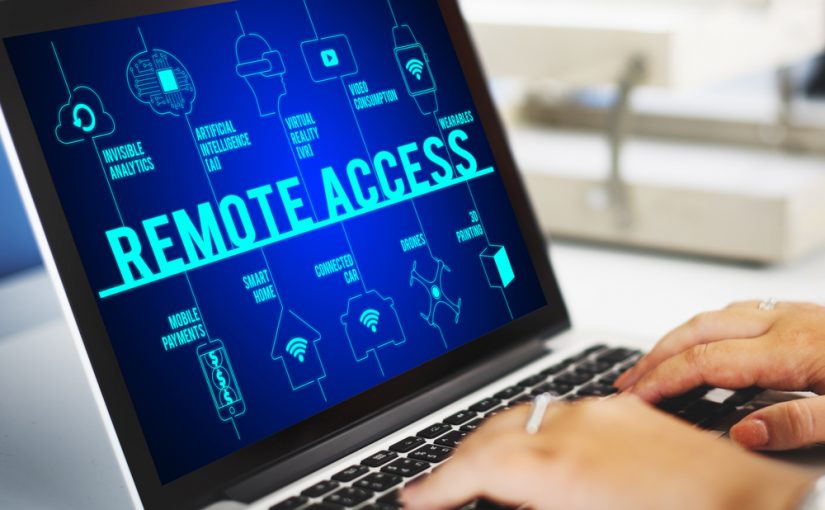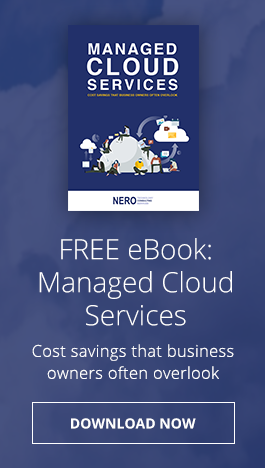A lot of us are suddenly working from home, but few are taking enough safety precautions. Remember, cybercriminals may take advantage of these circumstances to attempt to infiltrate organizations.
So, how can we make sure our sensitive data remains encrypted and secure?
The answer: get a Virtual Private Network (VPN).
VPN is part of a layered security plan and it’s particularly useful for granting remote access safely.
Additional security layers, such as MFA (multi-factor authentication), patch management, and next-gen firewalls are strongly recommended, but VPN is especially important with people accessing your network from their personal internet connections.
Let’s get into this.
What is a VPN?
A Virtual Private Network (or VPN) is a secure way of transporting private data across unknown networks – a welcome reassurance for any company embracing a work from home policy given the COVID19 outbreak. In simpler terms, a VPN offers both a secure and private connection for individuals to send and receive data over their regular household internet.
Think of it as a secret network that connects all your employees giving them access to internal systems and data no matter where they are. It begins with a remote worker logging into a corporate server and then confirming details based on previously exchanged security information, such as a password, IP address, or SSL certificate.
Although, in theory, whatever you do through a VPN connection cannot be intercepted by anyone, having malware-infected devices connecting to the VPN can be risky. It is essential to load up an advanced end-point protection program to shoot down any inherent spies before using a VPN.
Should you consider using a VPN?
Having productivity tools and cloud-based apps in place to allow for remote work is top of mind. But you also have to consider how to enable secure and encrypted connections between multiple locations and devices. After all, your employees might need to access sensitive data on your servers, and they need a reliable way of doing it.
Think about it, virus or no virus tax season is coming up. With your employees working from home, access to sensitive business data, communications, and resources have to remain encrypted, and the best way to securely provide access is by using a VPN.
In other words, using a VPN gives you what’s known as ESP, Evasion, Security, and Protection.
Evasion – no one will know exactly where you are using your device at any given moment. This makes it hard for hackers to find patterns of behavior and target their employees.
Security – if you wish to check sensitive business information, like bank accounts, when connected to a public WiFi network.
Protection – think of it as wearing a shield against phishing attacks. Fake hotspots won’t deceive you or be able to steal sensitive data such as usernames and passwords.
A VPN will ensure an appropriate level of security to the connected systems if/when they are accessed out of the company’s network.
What are your options?
Remember, the ultimate goal is to maintain your business privacy while enabling your employees to be fully productive working from home.
Free versions: There are some free versions of VPNs. However, the biggest issue with those is that they compromise the speed of a connection. Which means, your teams might find difficult downloading resources or sharing files among them, affecting their overall productivity.
Create your own VPN: This might be challenging, as it requires expertise and a thorough understanding of network security issues with careful installation and configuration. With the increase in COVID19 cases, you might instruct your employees to work from home in a short notice, and won’t have the time to properly set the infrastructure in place to have your own VPN.
Use a VPN Provider/IT Service: This will be a paid service that you can contract directly or through your IT partner. Going straight to a VPN provider might still require a level of configuration and management that can be challenging. If you are currently working with an IT partner, they might have some available licenses that can be assigned and configured for your employees.
The bottom line is that a VPN is a proven technology for secure communications between distributed/remote users. With the right VPN service provider, your business can have a secure network your employees can use to communicate and access company resources while working from home, remaining healthy in these challenging times.
It is a cybersecurity prevention solution and you will still need to consider detection and response to be better prepared in case of a cybersecurity breach.
Don’t have an IT service provider and want to set your teams to work from home? We can help you with that!


